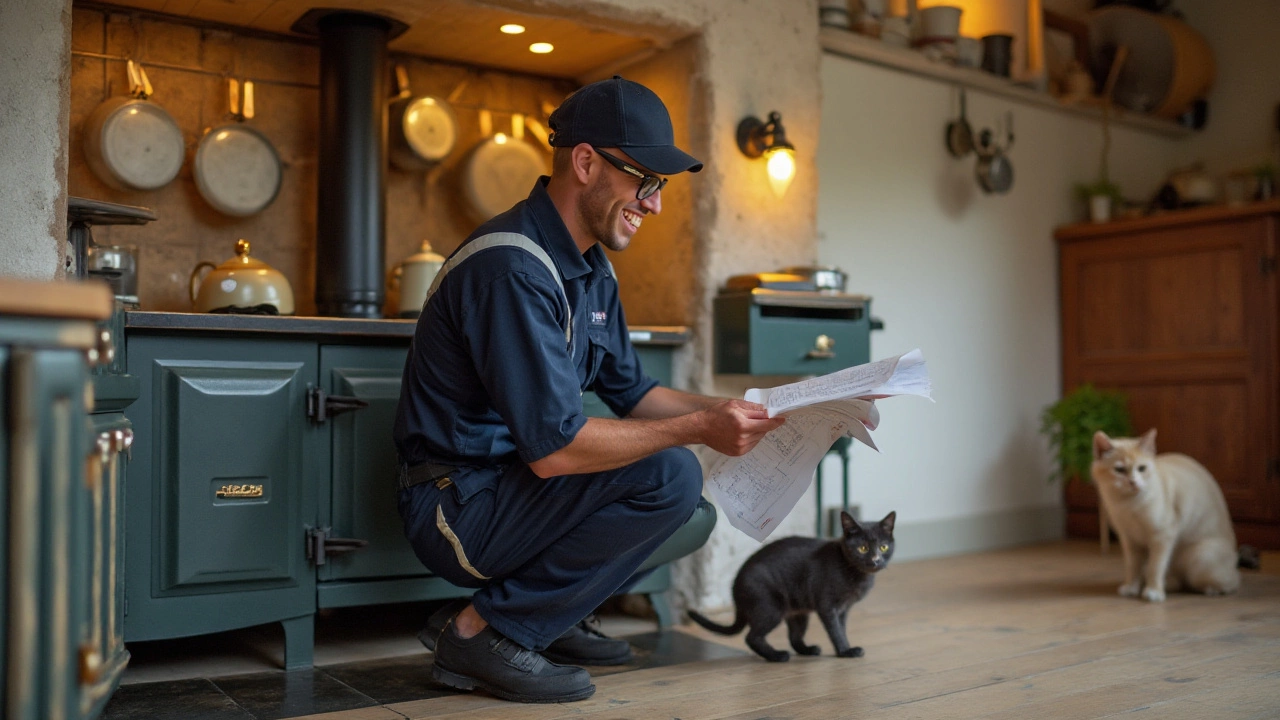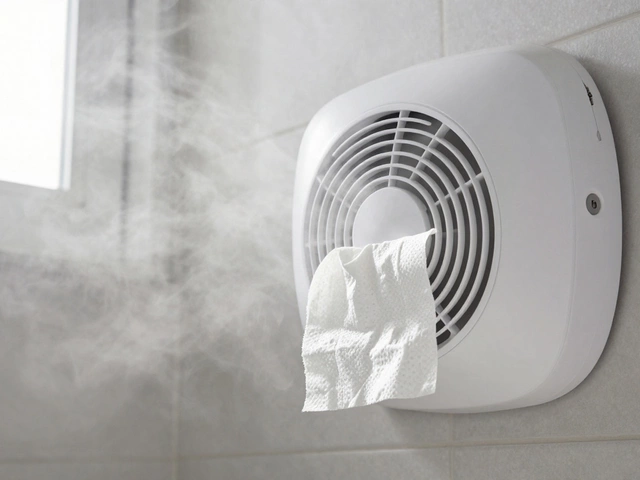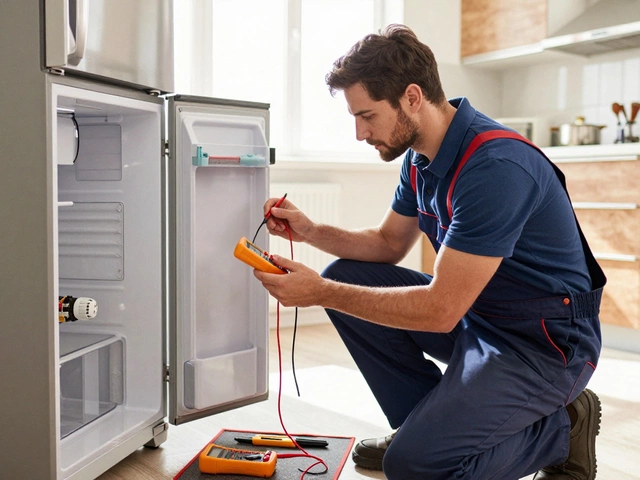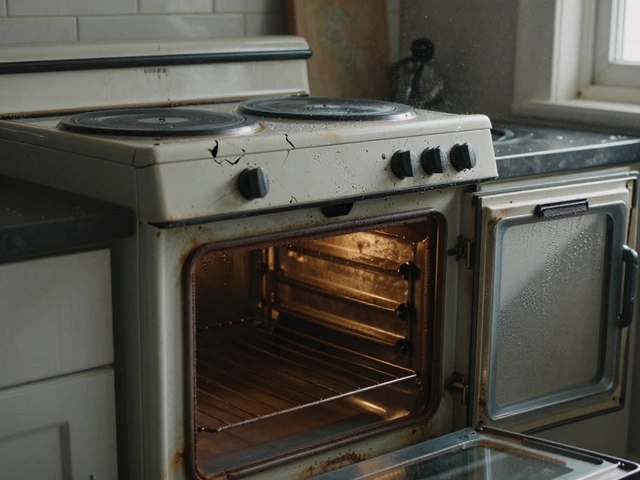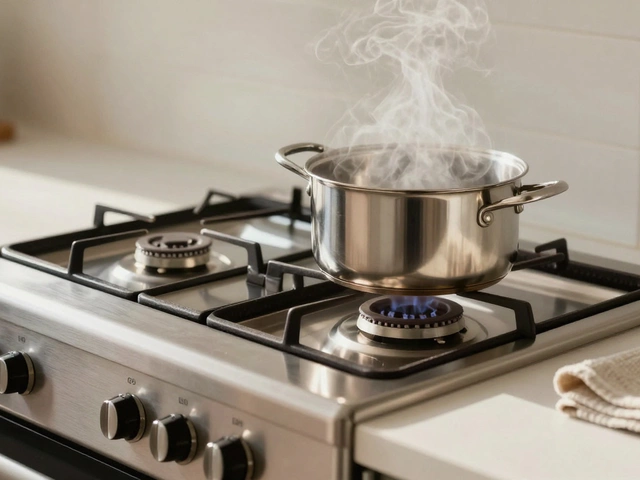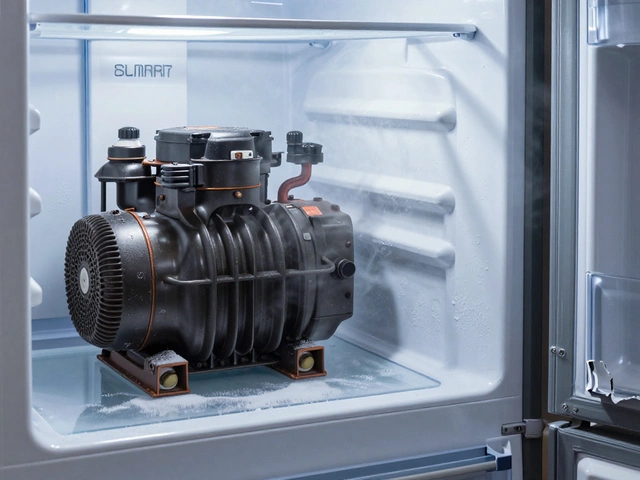Heating Repair: Fast Fixes for Boilers, Water Heaters & More
When the house gets chilly, the first thing you check is the heating. Whether it’s a boiler that sputters, a water heater that won’t reset, or a radiator that stays cold, most issues can be identified in minutes. Knowing what to look for saves money and stops the freeze‑over before it starts.
Common Heating Problems and How to Spot Them
Boilers often lose pressure or fire up with a strange noise. If the pressure gauge falls below 1 bar, add water via the filling loop and watch for leaks. A banging sound usually means air trapped in the system – bleed the radiators to let it out.
Water heaters have a reset button that trips when the thermostat overheats. If you keep hitting reset, the element could be failing or there’s a buildup of sediment. Look for rust in the tank or a lack of hot water after a short burst.
Furnaces (or combi boilers) may blow cold air because the pilot light is out or the ignition fails. Check for a flickering pilot; if it won’t stay lit, the thermocouple may need cleaning or replacement.
DIY Steps You Can Do Safely
Start with the obvious: make sure the thermostat is set to “heat” and the temperature is higher than the current room temp. A dead battery in the thermostat can cause a false “off” signal.
For a boiler pressure drop, locate the filling loop (usually a small metal pipe with a valve). Open the valve slowly until the pressure gauge reads 1.2–1.5 bar, then close it tightly. Run a quick bleed on each radiator – have a cloth handy for drips.
If the water heater reset button pops, turn off power (electric) or gas (gas‑type) first. Remove the access panel, inspect the heating element for white crust – a gentle brush can clear it. Replace the element if it’s cracked or corroded.
When it comes to radiators, cold spots often mean trapped air. Use a radiator key to open the bleed valve at the top; you’ll hear a hiss as air escapes. Close it once water starts flowing.
Always turn off the main gas supply and electricity before disassembling any part. If you’re unsure about gas connections or you spot a leak, call a qualified heating engineer. Safety first, savings second.
Regular maintenance goes a long way. Schedule a professional boiler service at least once a year – they’ll check the gas pressure, clean the heat exchanger, and test safety devices. A clean system runs more efficiently and reduces the chance of breakdowns.
Bottom line: most heating hiccups have a simple cause – low pressure, trapped air, a tripped reset, or a dirty element. Follow the quick checks above, and you’ll know when a DIY fix is enough and when a pro’s help is worth the call. Stay warm, stay safe, and keep your heating humming.
Finding Reliable Boiler Repair Services: Who Can Fix Your Boiler?
- Alden Wilder
- Nov 6 2024
- 0 Comments
When your boiler is on the fritz, finding the right person to fix it can feel daunting. Understanding who can service your boiler and knowing what to look for in a technician is crucial. From assessing their credentials to ensuring they have the know-how for your specific boiler brand, there are key factors to consider. Explore tips on choosing a reliable service provider and uncover interesting aspects of the boiler repair process.
View More